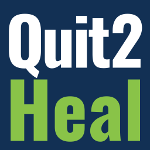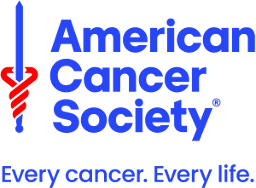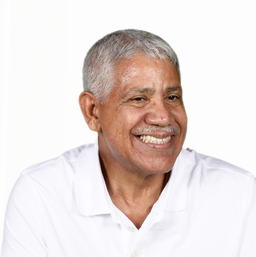Who can join Quit2Heal?
- Individuals who are over 18, who live in the U.S., who have been diagnosed with cancer in the past two years or are currently receiving or planning to receive cancer treatment, who have smoked (at least a puff) in the past month, can read English, and have a smartphone.
- And who want to quit in the next 30 days!
What do I have to do?
- Fill out a short (3- to 5-minute) survey online to find out if you are eligible to join Quit2Heal.
- If you are eligible, fill out another online survey (30 to 40 minutes) about you and your smoking. You'll have 2 weeks to do it.
- Next, you'll be randomly assigned (like tossing a coin) to 1 of 2 groups. Both groups will have a quit-smoking smartphone app to support you and help you quit.
- Fill out 3 more surveys (15 to 20 minutes) after 3, 6, and 12 months. You can fill it out online, by phone, or by mail.
- You will get $25 for completing each survey.
- You'll get a $10 bonus if you fill out each survey within 24 hours of when it's emailed to you (so you would get $35 total per survey).
- You may be randomly selected to take a test of your smoking status. We will mail you a saliva testing device and you will do an online survey and photo upload of your results or a secure video call with us where you take the test and show us the results. These tests would happen at the times you do your 3 follow-up surveys at 3, 6, and 12 months. Since these tests will help us learn more about each of the programs for quitting smoking, you would get paid $35 for doing each of the tests whether or not you are smoking.
Confidentiality
Keeping your information private is important us. Your survey information will be entered on this secure website and kept confidential by Quit2Heal staff. More on confidentiality...
Quit2Heal FAQ
- Who is the Principal Investigator of the study?
- Who else is involved besides the Principal Investigator in the study?
- When will the study results be published?
- How long will participation in the study take?
- Do I get anything for doing this?
- What is the difference between the 2 smartphone app programs in the study?
- On the survey, why do you ask about race and ethnicity separately?
- What information is being tracked when I sign up for the study?
- Who can I contact if I have any more questions about this study?
Jonathan Bricker, PhD, is the Principal Investigator for the Quit2Heal study. Dr. Bricker is a scientist who specializes in smoking cessation research. He is a Full Professor at the Fred Hutchinson Cancer Center and Affiliate Professor at the University of Washington. He has published over 90 peer-reviewed scientific articles.
The American Cancer Society (ACS) and Memorial Sloan Kettering Cancer Center (MSKCC) are collaborating on this project to make the study widely available to cancer patients who want to quit smoking.
Generally it takes a year or two after a study is finished before results are published.
You will be asked to use your assigned smartphone app for the next 12 months. You will also be asked to complete 3 surveys online, by phone, or by mail after 3, 6, and 12 months. The surveys should take about 15-20 minutes. If you are selected to do the saliva smoking test, doing the test should take about 10-15 minutes.
Yes, you will get access to a free quit-smoking smartphone app during the study and up to $105 if all 3 follow-up surveys are completed, and an additional $105 if all 3 smoking tests are completed for up to $210 total.
Both smartphone app programs (you’ll be assigned to one) will teach you the skills you need to learn how to stop smoking, but the type of skills taught differ between the apps.
Everyone in the study, no matter which program you are assigned to, will get a step-by-step guide to quitting, tools to help deal with urges to smoke, and help on staying motivated to quit. You will also receive scientifically-based recommendations for how to select medications to help you in quitting smoking however medication will not be provided by the study.
This is a requirement from the National Institutes of Health. They consider Hispanic/Latino as an ethnicity, not a race. So, we are required to ask about race and ethnicity separately.
We use tracking tools to inform us of how well we are doing attracting potential participants so that we can adjust our ads as necessary. No personal information is collected from using this tool.
Please email Quit2Heal@fredhutch.org if you have any questions about the study.





